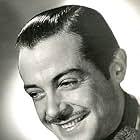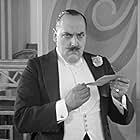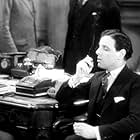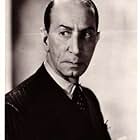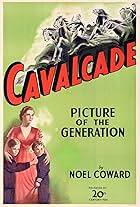When MGM remade Noel Coward's operetta in 1940, they made such a botch of it that he a) wept, b) promised he would never sell anything to Hollywood again, and c) kept his promise. He might have been happier with this 1933 British adaptation, which is at least closer to the source material and less pretentious. It's not ideal: The third act is missing, and the leads, Anna Neagle and Fernand Gravey, are leaden. British audiences loved Ms. Neagle, but she simpers a lot, her vocal ability isn't up to this challenging score, and her performance is mostly about her blonde ringlets. Gravey seems rather young for the part, and his voice is way too light. The director, Herbert Wilcox, indulges in a lot of fancy twirling cameras and feet-only shots, but he's merely calling attention to.himself and detracting from the touching little story. The movie comes vibrantly to life with the appearance of Ivy St. Helier, who originated the role onstage and is so.charismatic and urgent, her performance hasn't dated at all; she's postmodern. She makes a banquet out of "If Love Were All," and she and Miles Mander, playing a reprehensible military man, outshine the rest of the cast. Certainly it could have been better, especially with better casting, but it captures a fair amount of Coward's stage vision, and remains an operetta far more intelligent and atmospheric than most operettas.





